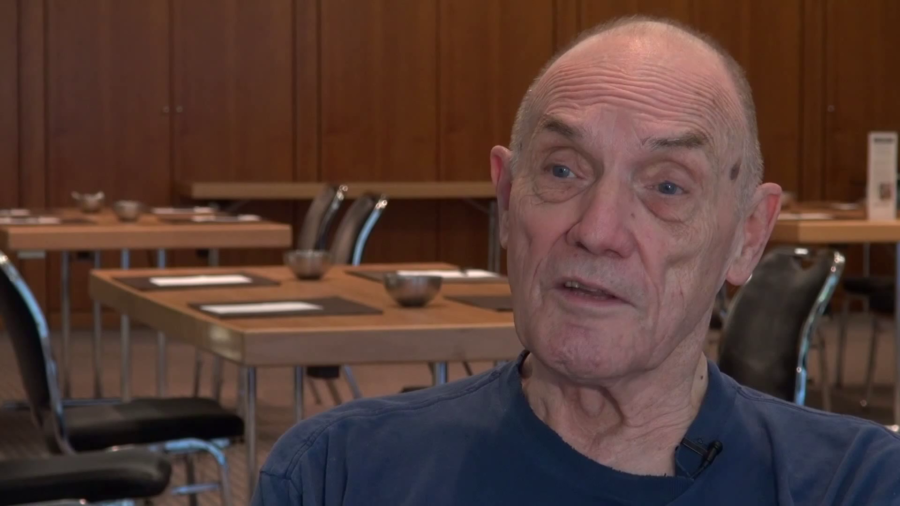Stephen Wolff: I was responsible for building the NSFNET and seeing it operated. This was done primarily through a cooperative agreement with the University of Michigan and the state of Michigan, IBM, and MCI. They provided a nationwide network that was for the time very advanced and very fast, and in the end linked up almost every major university in almost every state in the union.
Intertitle: Describe one of the breakthrough moments or movements of the Internet in which you have been a key participant.
I think the memorable moment for me, the one that told me that the Internet had really caught on happened actually much later, in the mid-90s after I’d left NSF and was working for another company. I had a t‑shirt from Carl Malamud, who was one of the pioneers of Internet radio. And I was wearing it, and out for my noontime run at lunch time at work. And there were a bunch of elementary school kids who were coming back from some sort of tour or other. And as I ran by one of them called out, “Hey look. That guy’s got a URL on his back.” And I thought you know, now it’s really caught on.
Intertitle: Describe the state of the Internet today with a weather analogy and explain why.
The weather analogy is turbulent. And that’s not bad; that’s a good thing. Anything that is vital and living and growing, there’s always going to be turbulence. It’s always going to be going off in many directions, several of which are bound to be wrong, some of which are going to be right. So I think the Internet is still a work in progress. And that’s a very good thing.
Intertitle: What are your greatest hopes and fears for the future of the Internet?
I think my concern is the same as many people, that somehow the Internet will cease being the the open edge-governed organization that it is today. The governance of the Internet is distributed. It is plural. It is pluralistic. It is multinational. And that’s a wonderful thing. I would hate to see the governance of the Internet concentrated in the hands of anyone, or even a coalition of governments. It is not a government operation. It is a people’s operation. Internet Society I think has it right. The Internet is for everyone, and everyone needs to be part of the governance.
Intertitle: Is there action that should be taken to ensure the best possible future?
I look to the continued leadership of the ISOC. I think the Internet Society is, in the way it is constituted, the way it is husbanding the activities of the IETF, is a very good thing. I look forward to that continuing, and continuing the ISOC stewardship of governance procedures and governance concerns of the Internet as a good thing.
Further Reference
Stephen Wolff profile, Internet Hall of Fame 2013
